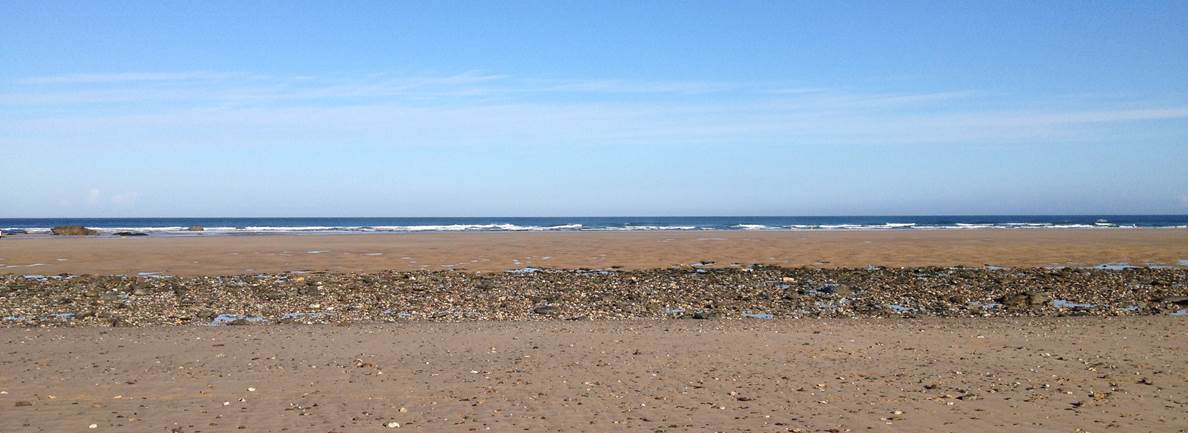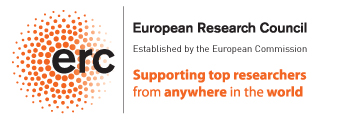ICAD News - Visualising Climate Change 2014
Visualising Climate Change 2014

5 June 2014
Report by Susanne Lorenz
From the 19th – 21st May, the ‘Climate change communication and visualisation’ workshop took place in Bedruthan, Cornwall. The workshop was organised by the Irish Environmental Protection Agency (EPA)and the European Centre for Environmental and Human Health at the University of Exeter, which seeks to encourage interdisciplinary and collaborative research between experts in environmental and climate science, communication studies, psychology and health, media and design and practitioners. The workshop brought together just over 30 people from these different backgrounds for a one and half day discussion around all matters of climate visualisation.
The first day was kick-started by a talk from Prof Chris Rapley, University College London, who came to the topic with a more psychological slant, giving an introduction to how the mind works, dipping into the work by Daniel Kahnemann and touching on the eternal dilemma of communicating uncertainty. He highlighted the asymmetric battle between scientists and non-scientists in this debate, where scientists needed to use neutrality and unbiased assumptions, whereas their opponents could use emotions, feelings and dishonesty.
His talk was followed by a panel session on media visualisation, which brought together David Dodd from the Irish EPA, Dr Padraig Murphy from Dublin City University, Richard Black - former BBC Environment Correspondent, Dr Julie Doyle from the University of Brighton and Dr Saffron O’Neill from the University of Exeter. The engaging discussion that covered both research aspects and insights from practitioners into the communication of climate change and environment issues in the media saw interesting insights such as not to mistake journalists as communicators. In addition, Saffron O’Neill showed with her recent research that visual images around climate change in the media very much exist within a communication cycle and that we often find communication on these issues being underpinned with pictures of politicians and so called star species (such as the polar bear).
The afternoon was started with a talk by Wesley Grubbs, Director of the American data visualisation studio Pitch Interactive, and creator of the much used visualisation ‘Out of sight, out of mind’. His key take home messages were that we need to be aware of and counter the misperception that just because a(n) (info)graphic looks pretty does not mean that the data has been manipulated or falsified, and that we need to take climate change communication to the personal level. He highlighted, that by using small data and people’s stories, it would be possible to tap into people’s emotions, which would not be manipulated but truthful. After some practical recommendations on how to make useful infographics with a step by step procedure from Dr Will Stahl-Timmins, from the University of Exeter, the afternoon was finished off with a hands-on session on creating infographics for some of the key climate change communication areas identified by the Environment Agency.
Day 2 was started by Prof Stephen Sheppard from the University of British Columbia, who gave an overview of his research into empowering communities with more visual learning tools that makes climate change more local. His landscape visualisations tap into people’s emotions in line with feedback he has received from research participants that have said that ‘Numbers won’t stay with them, but visuals will’.
The workshop was finished with another break-out session, with different groups covering aspects such as a potential joint publication, recoding the discussions from the workshop, obtaining funding for visualisation bids and doing visualisations for the World Health Organisation.
For more information on the event visit:
http://www.ecehh.org/events/visualising-climate/
Also see http://www.pinterest.com/epaireland/communicating-climate-change-visualisation

